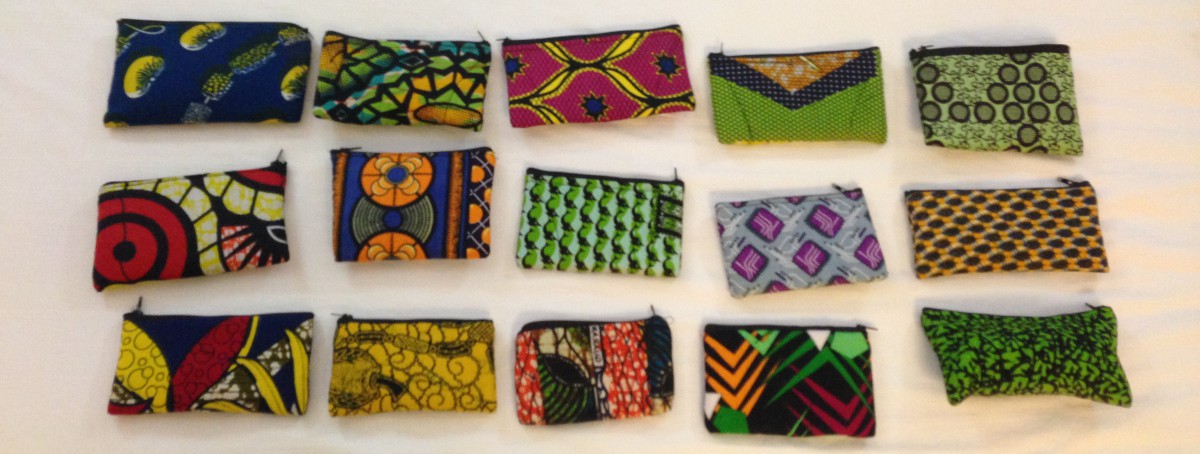Voices– An anthology of contemporary art and literature
Voices is an anthology of contemporary art and literature interested in exploring every single place that makes up our world. It is a curious work, determined to reveal places and the lives they consist. The world is one global place, and is made up of smaller places called continents, which is made up of smaller places called countries made up of smaller cities and towns. Thus, we want to showcase the various places that make the world a global village.
‘Voices’ is as it is called is a conglomeration of voices from a place, be it a region, town, country or county. The voices are unique, stemming from various notions and interpretations of different people on this particular place. The anthology places its interest on places rather than ideas or abstract nouns. For us, places reveal people, places have a life of their own that we want to show the world.
Voices welcomes submissions of all kind and is opposed to stereotypical writing or art. We want something dynamic, uncommon and unusual that tells the true story of a place
The Ife Issue
Ile-Ife is an ancient Yoruba town in Southwestern Nigeria, Osun State. Also known as Ife, the town is renowned for its place in Yoruba folk myth as the traditional home of Yoruba civilization and doubles as a holy city of humankind. It boasts of art and culture and rich history that stands it out as one of the most desirable archaeological sites in Southwestern Nigeria.
We are accepting submissions from all over on the theme of ‘Ife’. We believe in the concept of borderlessness, that everyone can talk about every place, especially through art and literature, and we want to reach every one in every place with the stories and pictures and arts of Ife as well.
All submissions must explore, reveal and / or revolve around the place ‘Ife’. We accept compelling and atypical short fiction, non-fiction, book reviews, poetry, photography, art, and conversations.
FORMATTING GUIDELINES
All submissions must;
- Be formatted in 1.5 line spacing
- Be properly edited for errors (Works dotted with errors will have reduced chances of being selected for publication)
- Be in font 12 Times New Roman
- Contain a cover page stating name, mailing address, email address, phone number (with International dialing code, title of piece and word count.
- Be sent as a Microsoft word doc or docx file attachment. Photography and art may be sent as jpeg file.
- Be sent as attachments
- Have email subject as FIRST NAME LAST NAME for example Akintunde Bello (where there are multiple submissions, the submissions should have a number after the first name and last name signifying what number of submission it is.)
- Be sent along with a bio of no more than 50 words (in third person) in the body of the mail.
ACKNOWLEDGEMENT OF RECEIPT
Submission window is from July 15th to September 15th. Upon receipt of your submission, you will receive a mail within 72 hours acknowledging receipt. If you do not receive a mail, please do not resend your work, simply send a query to voicesquery@gmail.com
RESPONSE TIME
No responses are given about pieces being accepted for the anthology until the end of October. Only selected works will get responses by the end of October.
MULTIPLE SUBMISSIONS
Multiple submissions are accepted, however, we aim at publishing as many views and as many names as possible with a wide as possible geographical spread.
COPYRIGHT
Please note that we do not accept already work already published elsewhere in print or on the web. All submissions must be previously unpublished. We maintain first copyrights of all works submitted for the first six months after publication of the anthology after which the work may be used elsewhere.
FICTION
Must be between 1,500 and 4,500 words
We accept any form from horror to surreal and magical. Any form is acceptable as long as it conforms to the theme and is compelling.
Multiple submissions must be sent as individual attachments with individual cover pages
Fiction submissions should be sent to voicesfiction@gmail.com
NON-FICTION
Must be between 1,500 and 2, 500 words.
Memoirs, essays, travel writings and all forms of creative non-fiction are accepted. News pieces, op-eds, articles, scholarly and academic papers and journalistic writings are not accepted. We want creative and compelling non-fiction.
Multiple submissions must be sent as individual attachments with individual cover pages.
Submissions should be sent to voicesnonfiction@gmail.com
BOOK REVIEWS
We are accepting a small number of book reviews so submissions of book reviews must be pitched. Pitches may be no more than 400 words and be sent in the body of the mail to voiceseditor2015@gmail.com .Response time for pitches is 24 hours.
All book reviews must be sent to the fiction editor to voicesnonfiction@gmail.com
POETRY
Each poem must be no more than two pages long. No more than three poems may be submitted in one document. Each poem title must be indicated above the poem individually as well as on the cover page.
All poetry submissions must be sent as attachment to voicespoetry2015@gmail.com
ART AND PHOTOGRAPHY
We are also open to digital art and photography. Must be high resolution jpeg files (300 dpi or higher) and not larger than 3MB. Each submission must be properly named and sent as an attachment to voicesphotoart@gmail.com
CONVERSATIONS
We are not looking for bland interviews, we want active, participatory and lively conversations that inspire, intrigue, and even spark more conversations.
Conversations must not exceed 1, 500 words.
All conversations must be first pitched. Pitches must be no more than 400 words and should be sent to voiceseditor2015@gmail.com . Pitches will be responded to within 24 hours. Conversation submissions should be sent to voicesconvos@gmail.com
For more information visit www.voiceslitanth.blogspot.com/2015/07/voices-anthology-of-contemporary-art.html




